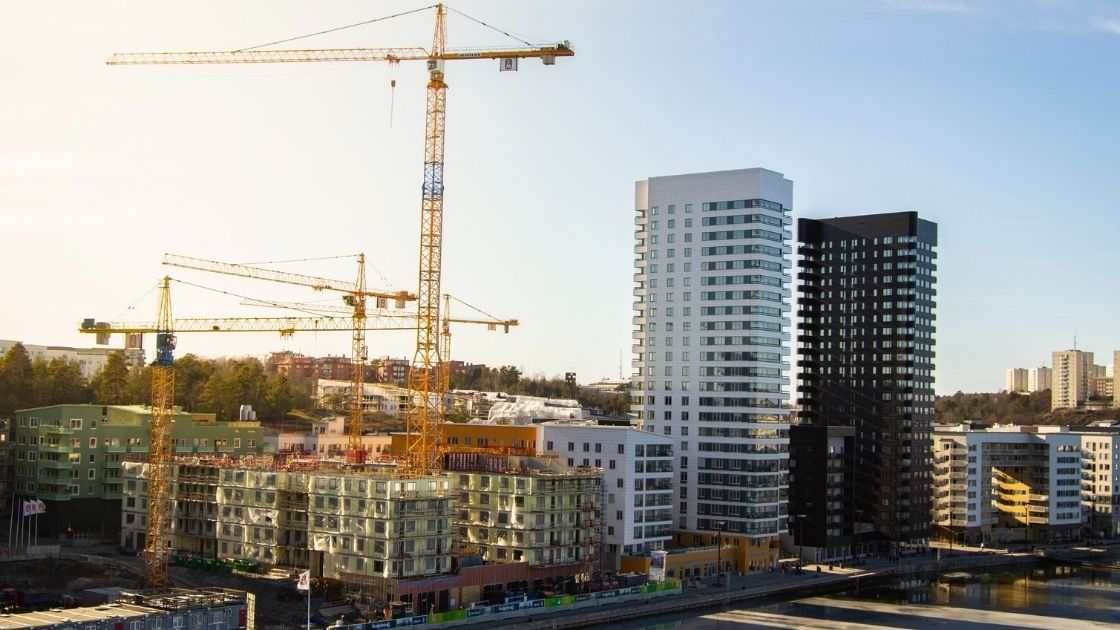The Union Budget 2021 provided a strong ground for boosting the economic growth after the unprecedented challenges due to Covid-19. The budget is focused on investing in robust infrastructure and productive assets which will be instrumental in realising India’s ambition of becoming a 5 trillion economy.
Real estate being the second-highest generator of employment and contributes more than 8 per cent to the economy, its revival and growth is one of the key issues that were addressed under this year’s budget of 2021-22. Let’s take a look at the provisions and policies that were addressed by the Finance Minister Nirmala Sitharaman under the Budget:
BOOST TO INFRASTRUCTURE
Two new technologies i.e. ‘MetroLite’ and ‘MetroNeo’ will be deployed to provide metro rail systems at much lesser costs with the same experience, convenience and safety in Tier-2 cities and peripheral areas of Tier-1 cities.
The emphasis given on urban infrastructural development through the expansion of metro rail systems will give a thrust to the realty sector and directly benefit the rural and urban employment in order to recover from the losses incurred during the pandemic. Indirectly, the budget will be contributing support to the segment through the boost to infrastructure projects by setting up a 20,000 crore DFI which will contribute to a better lifestyle and overall appreciation of the areas.
GROWTH IN MSME SECTOR
The budget doubled the allocation to the MSME sector to INR 15,700 crores. In addition to the increased allocation, the budget also focused on promoting domestic manufacturing that benefits the MSME sector and allowed the incorporation of ‘One Person Companies’ to promote startups and innovation without any restrictions on paid-up capital and turnover. This will then contribute to the rise in occupancy and construction of more Managed office spaces and co-working spaces, indirectly supporting the commercial real estate market.
Easing norms for One-person companies, extension of tax holiday and extension of exemption on capital gains will accelerate growth in the start-up ecosystem and also prove to be a step towards Atmanirbhar Bharat.
REAL ESTATE INFRASTRUCTURE TRUSTS (REITS)
Honorable Finance Minister, Nirmala Sitharaman also proposed to make dividend payment to Real Estate Infrastructure Trusts or Infrastructure Investment Trusts (REIT/ InvIT) exempt from TDS. This will make investing in REITs and InvITs more attractive while deepening their capital raising avenues. The trusts can now raise debt capital at competitive rates, while dividend payment to REITs and InvITs have been exempt from tax deduction at source.
These provisions will open up opportunities for refinancing or restructuring the underlying portfolio. With this, the commercial real estate can expect a boost in the forthcoming days and mobilise more funds to strengthen the commercial segment.
AFFORDABLE HOUSING
In July 2019, the Finance Minister provided an additional deduction of interest, amounting to Rs. 1.5 lakh, for loan taken to purchase an affordable house. This deduction has been extended by one more year to March 31, 2022. Interest deduction and tax holiday for affordable housing projects will accelerate housing demand and play an important role to achieve the government’s vision of ‘Housing for All by 2022’ for India.
The support announced by the honourable finance minister for affordable housing will go a long way in boosting the real estate sector and will ease pressure points in the rental market. This will also support migrant workers to remain in the metro cities and improve their quality of life.
Outlook
The budget painted a hopeful picture for the Infrastructure and the Real estate sector for the year 2021. We are hopeful that the sector will not only achieve a speedy recovery from the pandemic but will continue on a long way for integrated growth.





